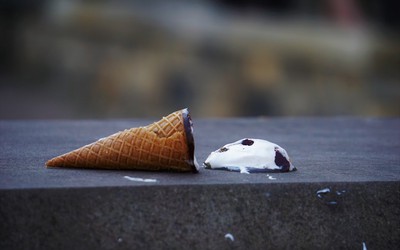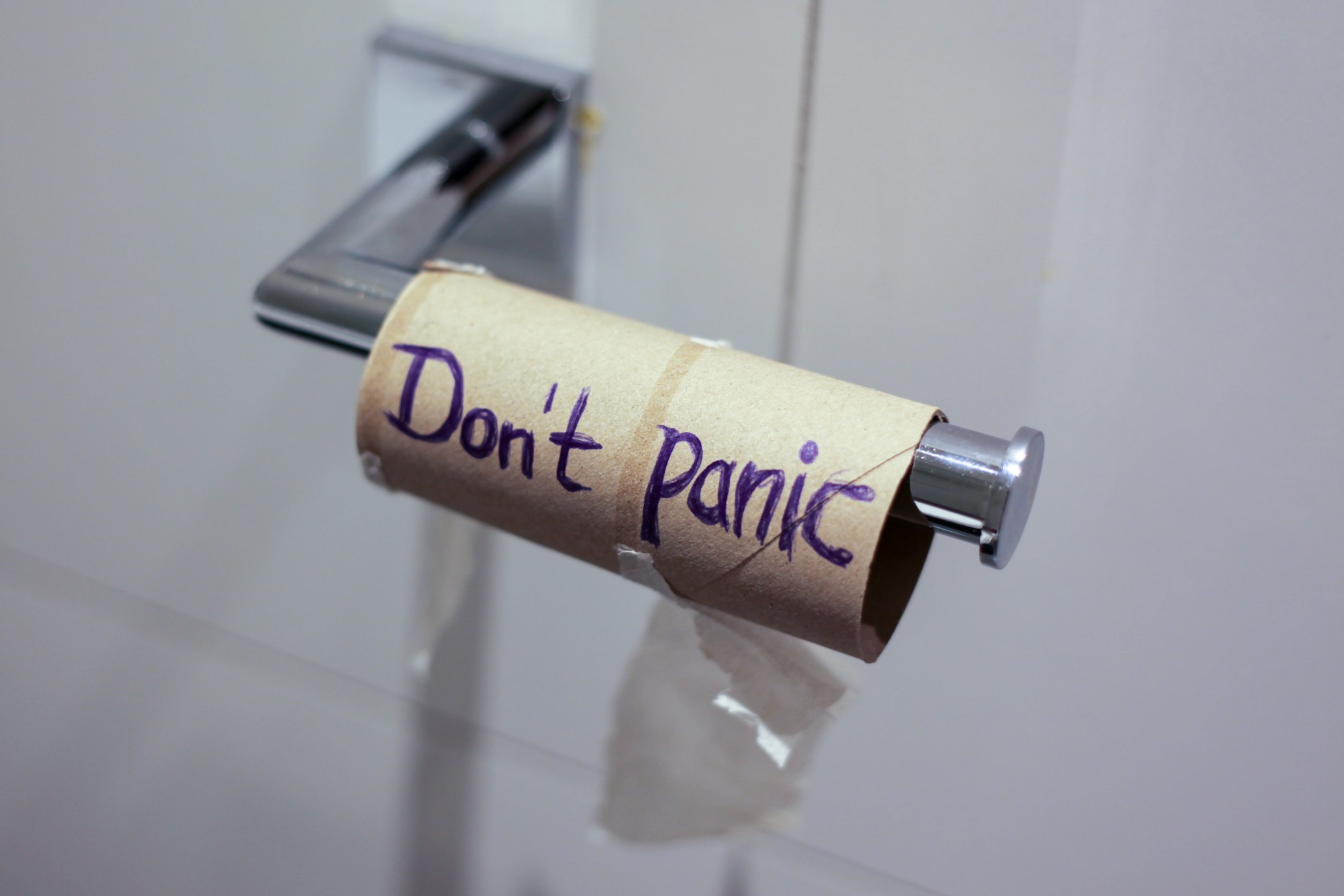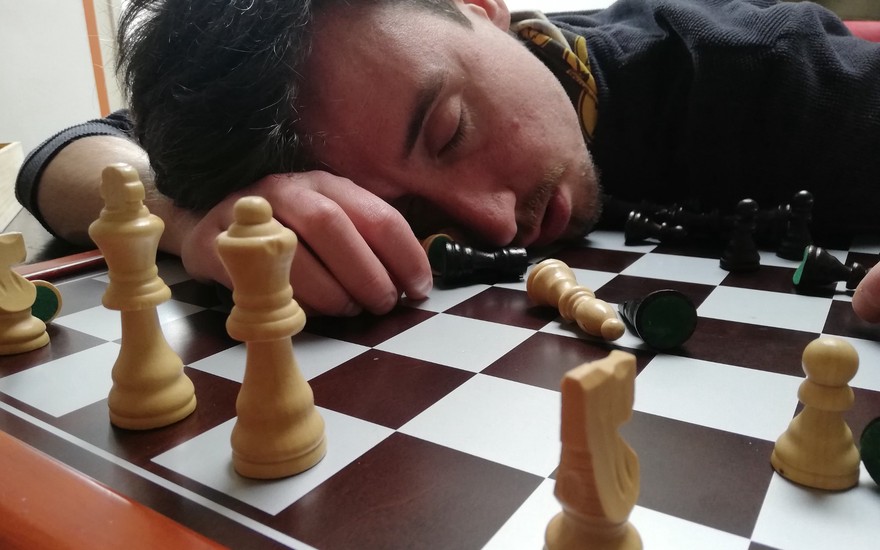
Losing Consciousness
It was game over.I was up two pawns. Two outside passed pawns. Two connected outside passed pawns. They simply needed to be pushed.
I had ten minutes left on the clock. My opponent had less than a minute. The increment was ten seconds.
And I started to panic.
From one move to the next I stopped calculating. I started playing on intuition. I started to rely on my subconscious to guide me.
I still had enough time to calculate - and that is a side lesson I took from this game. But that is not what I did.
Instead, I went from conscious to subconscious mode. From calculation to intuition. And when I did so, something strange and terrible happened.
I blundered... everything.
My ten minutes quickly disappeared. We were both under a minute. And at that point, I entered what can only be described as a blunder panic. I was just trying to find safe squares to put my pieces on. I had crumbled entirely.
My opponent wasn’t calculating either - there wasn’t any time to. But they were making me look like a much weaker player than them. And at that point in the game, I was.
What Is Your Subconscious Rating?
It is recommended to play chess in a state of consciousness.
And, if my hypothesis is correct, staying conscious during your chess games might be of particular importance if you learned chess as an adult.
One of my key strategies in chess is to put my opponents to sleep as early as possible with my dry openings and style.
But here is the thing: the sleeping mind, the subconscious mind of my opponents, seemed to be just as strong as their waking mind.
I did win that OTB game where I ended up in major time trouble, but I won on time in a position that was probably equal. However, I was at some point definitely lost.
Miraculously, I had blundered both of my outside passed pawns and got one of my two remaining pieces trapped in the process! It was embarrassing.
The second game, which got me thinking about writing this article, was devoid of any huge embarrassments. It was very boring - just how I like my chess. But there were points in which I thought there was a lot of calculating to do. And so I did it.
There were three critical points in the game where I spent 10-15 minutes evaluating several different ideas. I tried to work out all the details. My opponent spent about 1-2 minutes on each of these and they weren’t using my time to look at the same lines - they were wandering about.
After the game (which ended in a draw) my opponent said they had, at certain points, calculated some of the same things that I had, but two things stuck out.
First, I will say they were clearly just calculating faster than me, but they were also calculating a narrower band of moves than I was. And when I asked why they didn’t look at certain moves, they just shrugged. They had a feeling they weren’t worth exploring - and they were right.
So my question was, how do I get this ‘feeling’?
Both of my opponents were rated between 1800 and 1900 KNSB (pre-rating adjustments) and they had been serious about chess since they were kids. My first opponent had been playing chess since before I was even born. The second also grew up playing chess and got serious about it... 18 years ago! This was their eighteenth league season. It was my first.
In the first game, as soon as we got into a time scramble, my opponent played a pretty similar quality of moves as they did in the first part of the game.
I did not.
In the second game, my opponent dismissed many moves because he felt they weren’t important.
I did not.
What Does It All Mean?
I believe that in over-the-board games with a classical time control I am able to mask the gulf in intuitive ability between me and my opponents through calculation and the conscious application of my chess knowledge.
I can’t ‘feel’ the best move. But I can work it out if you give me enough time.
I enquired as to the rapid and blitz ratings of my two opponents after the fact in preparation for writing this post. On Lichess, both are rated 400 and 500 points higher than me in rapid chess online. And the disparity in blitz is even greater.
And my theory as to why?
They learned chess as a kid, and I learned chess just over three years ago as an adult.
I took to Twitter to attempt to confirm my intuition that I had no chess intuition. I asked people what percentile they were in in classical, rapid and blitz, and whilst I definitely didn’t get enough data to confirm anything, the responses I did get, mostly fit my theory.
https://twitter.com/TheOnoZone/status/1767104902474477607
People who were fairly serious about chess when they were kids were in roughly the same percentile of chess players across all time controls. They did not have a great disparity in where they fell on the bell curve across their blitz, rapid and classical chess.
A good example is my friend and fellow blogger Dan Bock. His USCF rating puts him in the 95th percentile of chess players in the United States. His blitz and rapid percentiles are 93.5 and 95.5 on Lichess, pretty similar.
A rough conversion of my own OTB classical rating would put me in the 90th percentile of USCF players, comparatively my rapid and blitz percentiles are 75th and 58th on Lichess - a significant difference.
And one that I am really interested in.
I feel like if I can find out what is causing the disparity between my blitz and classical chess, that might make me a better classical chess player, which is ultimately what I want to improve at.
But is that really true?
When I asked the various chess communities I am part of about what skills were needed to get better at blitz, I was hoping to find a glaring hole in my knowledge or a gap in my skills. But a lot of people said that blitz in itself was a skill and pointed to a letting go of perfectionism - being able to play okay moves quickly, even if it wasn’t the best move, as to what helped them to improve at blitz the most. And I understand that.
But I still felt like there was something more to it. I have a few working theories to explain this. One of them is that I have subconsciously absorbed less patterns than my opponents. I think it might just be largely explained by pattern recognition or a lack of it.
I have spent a good amount of time working on my tactical pattern recognition in the hopes that when a tactical opportunity appears, I won’t have to search for it. I will simply see it, because the pattern is part of my subconscious thought process. This is a huge part of the training program for every one of my students and if done frequently, it's the part of their training that influences their rating gain the most.
I have not done the same thing with thematic or strategic patterns, partly because the resources for that aren’t as widely available. Also because I think these patterns come from playing games in certain thematic openings, structures, middlegames and endgames and then absorbing that pattern through lessons gleaned during analysis.
If I am right that playing and learning from a large volume of games is the only way to gather these types of patterns, then if you take the 18 years of classical games my last opponent has played - and I am only counting league games at the club, not the countless tournaments and online games on top of that - they have played approximately 540 classical games. We can safely double that if we include tournament games.
In contrast, I have played 268 blitz games on Lichess + 13 OTB blitz games... in my entire life. Clearly if experience is important for absorbing these patterns, I’m sorely lacking that experience, and so are many Adult Improvers who started later in life.
So if the solution is to just play more games, then the hard reality is that there is not a quick fix to this problem. Absorbing more patterns will only come from experience, which means actually playing games.
It is time I am willing to commit and is also one of the reasons I have started streaming rapid training games on Twitch twice a week - to force myself to get these reps in so that I can try to absorb more patterns through mere experience.
The unfortunate thing for me at my level is that in order to learn a real lesson, I still need to play a high enough quality of game. And I still can’t play that high quality of a blitz game.
The problem is that the hanging pieces get in the way. If I want to subconsciously absorb things like the timing of thematic pawn breaks and plans in the structures I play or the placement of my pieces in certain openings, then the game loses value in this respect if I hang a piece on move 15.
I do think I am starting to get there at 5+3, but I’m still capable of some incredible blunders at that time control.
So I can’t just play 1000 1+0 bullet games to get the volume of training I need. My thought process needs to be somewhat still intact for the game to have enough instructive value for me to learn my lesson.
The increment at my local chess club is ten seconds. That is why I have picked 15+10 as the time control for my training games. But I know I can’t play enough of these a week to get the experience I need. So I need to start playing ‘slow’ blitz as well and drag my level up to a point from which I can derive meaningful chess lessons from games at this time-control.
Conclusions
Whilst I stand behind the observations and hypothetical ideas in this article, I don’t think I am close to fully cracking this case. And there are still so many questions left to answer.
The most basic question is: is this true? Do most adult learners, on average, have the same rating disparity across time controls that I do? And do child learners have similar rating distributions across all time controls?
Even if I am right in my ‘feeling’ about this basic assertion, then the more interesting questions remain.
Does a lack of intuition or subconsciously unknown patterns explain the disparity in the rating percentiles of chess players who picked up the game as adults?
Will closing this gap make us, the Adult Improvers, better classical chess players? Or will closing this gap just make us better rapid and blitz players?
My guess is that it has to help my classical chess. If I can narrow the number of lines I calculate, I will save time on the clock. And if I get low on the clock, my rating won’t suddenly drop off a cliff whilst I am forced to rely on dodgy intuition.
Let me know in the comments if your personal experience corroborates or contradicts my hypothesis: if you were serious about chess as a child, are your rating percentiles roughly the same across different time controls? And if you only got serious about chess as an adult, are your percentiles wildly different (the slower the better) across different time controls?
Or come talk about this and other chess experiences in the Adult Improver Hangout I’m hosting tomorrow, March 22nd, 18:30 UTC. Join the free Patreon trial to get the Zoom link.
If you're an Adult Improver too and you haven’t made it into the percentile you had hoped by this stage, I can help you get there. I know what it takes, because I was where you are now not so long ago. I teach up to 1600 Lichess Classical or 1200 chess.com rapid. Book a free trial lesson here.
If you want to see me practise and blunder in real time, I’ve started streaming rapid training games on Tuesdays and doing an analysis of my classical OTB games on Thursdays (Tuesdays + Thursdays starting at 1800 UTC). Follow me on Twitch to watch my games and analysis.
For more resources to support your adult chess improvement, go to my website www.theonozone.com. Here you’ll find a free template to make your very own Chess Study Plan. You can also download my Wordy Book List with chess books for Adult Improvers who aren’t fluent in chess lingo just yet (and need actual words to understand what’s going on).
Many thanks to Patrons of TheOnoZone for their support: Rob Willans + Benjamin Portheault + Rick Choplan + Tim Everett + MatthewKCanada + Brett + Nate + Laura + Marcus Buffett + Dan Bock + Dawn Lawson + Glen G + Mikey Wells + Michael Shpizner + Karen W + Gregory C + BowiE + Yara V + Stefan K + Ché Martin + Ben Johnson.
More blog posts by TheOnoZone
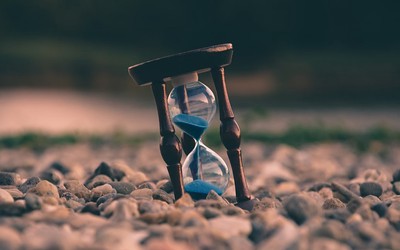
Adult Chess Clock
I used to say that nobody doesn’t have the time for something, they just don’t want to prioritise it.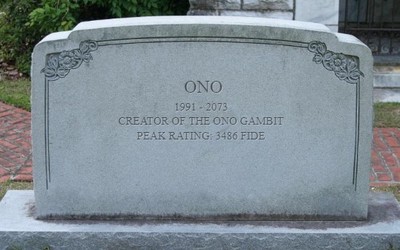
The Ono Gambit
I am getting older.
Learning to Learn
I used to think my time at university, whilst entirely useless so far in my career in terms of subje…